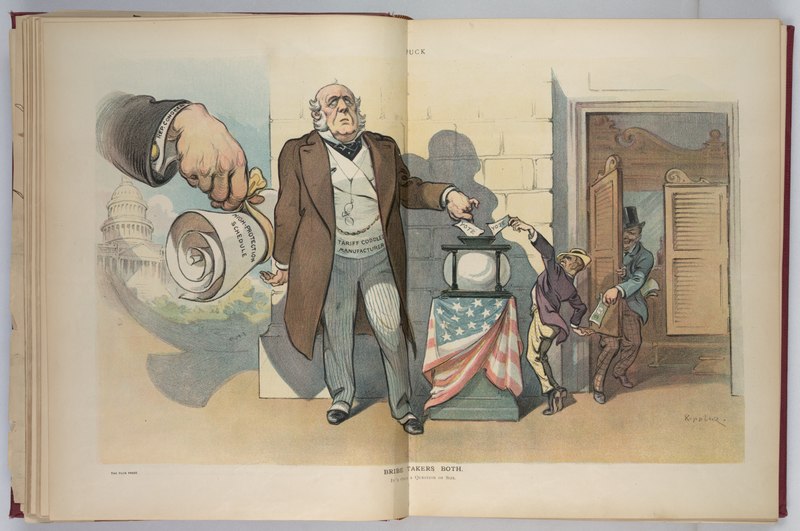
On September 24, House Speaker Nancy Pelosi (D-CA) elbowed her way to the front of a parade she’d been trying to disperse since early 2017. “Today ,” she said, “I’m announcing the House of Representatives is moving forward with an official impeachment inquiry and directing our six committees to proceed with their investigation under that umbrella of impeachment inquiry.”
Pelosi’s announcement doesn’t reflect a personal change of mind. It reflects recognition of political reality. She’s for impeachment after being against it because she believes it’s going to happen with or without her.
If there’s one thing Pelosi’s good at, it’s counting votes. As the Democratic Party’s leader in the House since 2003, that’s her job: Building and herding majorities to achieve her party’s legislative goals, blocking minorities whose plans don’t serve those goals or aren’t ready for prime time.
She’s gone from “block” mode to “herd” mode. QED, a House majority for impeachment is inevitable, if not already in the bag. She can either lead the parade or get left behind by it. She’s choosing to lead it.
It’s not a job she really wants. Her prior political instinct seems to have been that impeachment will hurt rather than help the Democratic Party going into the 2020 elections. That instinct was probably correct, and turning the situation around will be difficult.
In order for the Democrats to make political hay with impeachment in the absence of a likely conviction, instead of losing congressional seats and the next presidential election (as Republicans did after their ill-fated impeachment of Bill Clinton), at least two things need to happen.
One is that Joe Biden has to get thrown under the bus. Immediately. His own perceived (and, yes, GOP-promoted) abuse of power / “quid pro quo” problem with Ukraine has already cost him the 2020 Democratic presidential nomination. The longer other Democrats pretend otherwise and continue to defend him, the more it will cost them as well.
The other is that the impeachment allegations need to be exceedingly narrow so that when Republicans vote against conviction, there can be no wiggle room, no reasonable doubt to be raised: They voted in favor of corruption and against presidential accountability.
Donald Trump abused his presidential power to pressure a foreign government to investigate a political opponent, then tried to hide what he’d done. That’s indisputable.
More importantly, it’s enough. “Quid pro quo” in the form of foreign aid or not, and any other extant allegations aside, these are acts most Americans understand as corrupt.
“I could stand in the middle of Fifth Avenue and shoot somebody and I wouldn’t lose any voters,” Donald Trump bragged a year before his inauguration. Among the general electorate, that remains to be seen, but where the US Senate is concerned, he could probably do exactly that and not lose the 20 Republican votes required to convict him following impeachment.
The voters will likely remove Trump from office next November in the usual way. The impeachment prize is convincing voters that politicians who take Trump’s side aren’t taking THEIR side.
Thomas L. Knapp (Twitter: @thomaslknapp) is director and senior news analyst at the William Lloyd Garrison Center for Libertarian Advocacy Journalism (thegarrisoncenter.org). He lives and works in north central Florida.
PUBLICATION/CITATION HISTORY


